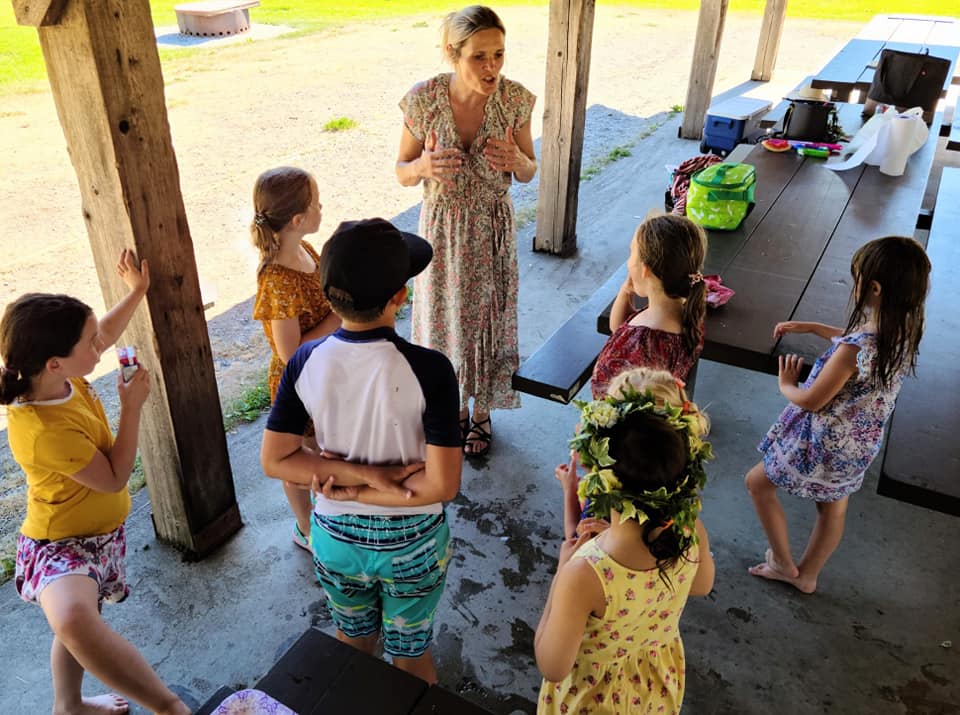
Part II – Emigration and Language Retention (Continued)
According to the Vilnius University study, neither the age of emigrants nor the length of time spent in another country are determining factors for the retention of Lithuanian language or its transference to new generations. Most important is whether one belongs to the first, second, third or further generations. This is based on objective factors. Second and later generations have a weaker connection to the language and to the country itself. Language retention in the third generation is known to be minimal. However, research on older waves of emigration in Argentina, USA, Canada and the UK shows that although children and grandchildren of emigrants speak Lithuanian poorly, they still identify with Lithuania, and participate in Lithuanian community activities. Survey results show that they want to speak and learn the language, which functions in the diasporan community as an ethnic language and an expression of cultural identity.
Research has revealed that some third and fourth generation descendents of immigrants speak Lithuanian well, and it is one of the languages spoken at home. Native Lithuanians find their accents amusing, and their vocabulary archaic, because it was the language of their grandparents and great-grandparents. The language that immigrated with newcomers to a new country is preserved from an earlier time, remains unchanged because linguistic innovations that influence the language in Lithuania does not filter through to the émigrés, who continue to use elements of old dialects and obsolete words.
Some emigrants do not speak to their children in Lithuanian, thinking that helps their offspring learn the local language more quickly and assimilate more easily. Many such emigrants are either misled in this belief, or uninterested in passing on the language, thus depriving their children of the opportunity to become bilingual.
However, the majority of parents interviewed are determined to pass on the language, no matter the cost in time and money and sustained effort, because it is important for their children to communicate with their grandparents and relatives, and the language itself is considered valuable.

The first child in a family learns the inherited language more easily, but it becomes increasingly difficult to teach it to the second-born and later children, because it is easier for the children to speak the local language used in pre-school and school. Even small children become unwilling to speak Lithuanian, and of course issues arise during the critical teenage years. Some parents, especially mothers in mixed families, feel they have to choose between passing on the mother-tongue to their children, and maintaining communication with them. In the study, parents often expressed disappointment that despite all their efforts their children no longer speak or understand Lithuanian.
It seems that the retention of Lithuanian in the diaspora is a constant struggle against the influence of the local language. There are many examples of successful and failed transmission of Lithuanian and other minority languages throughout the world. The reasons can be both subjective and objective. At least three quarters of survey respondents confirmed the importance of Lithuanian language retention, because it guarantees the continuity of the language and culture. This is a very important consideration regarding the future of Lithuanian in the diaspora. The more determined they are to retain the language, the better the retention rate will be for future generations. Yet determination is not enough. It is also important to maintain ties with Lithuania and Lithuanians. Children and teenagers need to communicate with peers in Lithuania. Today’s computer technology and less expensive travel costs provide positive conditions for maintaining contact with Lithuania. Adults are able to remember the language and use it actively, adopting changes in modern Lithuanian. Children can visit relatives, go to youth camps, experience the Lithuanian environment and identify with it, learning and improving their Lithuanian language skills because they see a real and positive reason to do so. They can access many resources that were not available to earlier generations.
Although the global economy continues to induce Lithuanians to leave their country, the wealth of new technology available today enables us to practice Lithuanian no matter where we live.
From the Vilnius University project “Lithuanian Language in the Diaspora: Learning, Usage, Decline” (headed by Prof. M. Ramonienė). Text by Dr. Eglė Gudavičienė, Dr. Inga Hilbig, Dr. Kristina Jakaitė-Bulbukienė Published in Bernardinai.lt





























